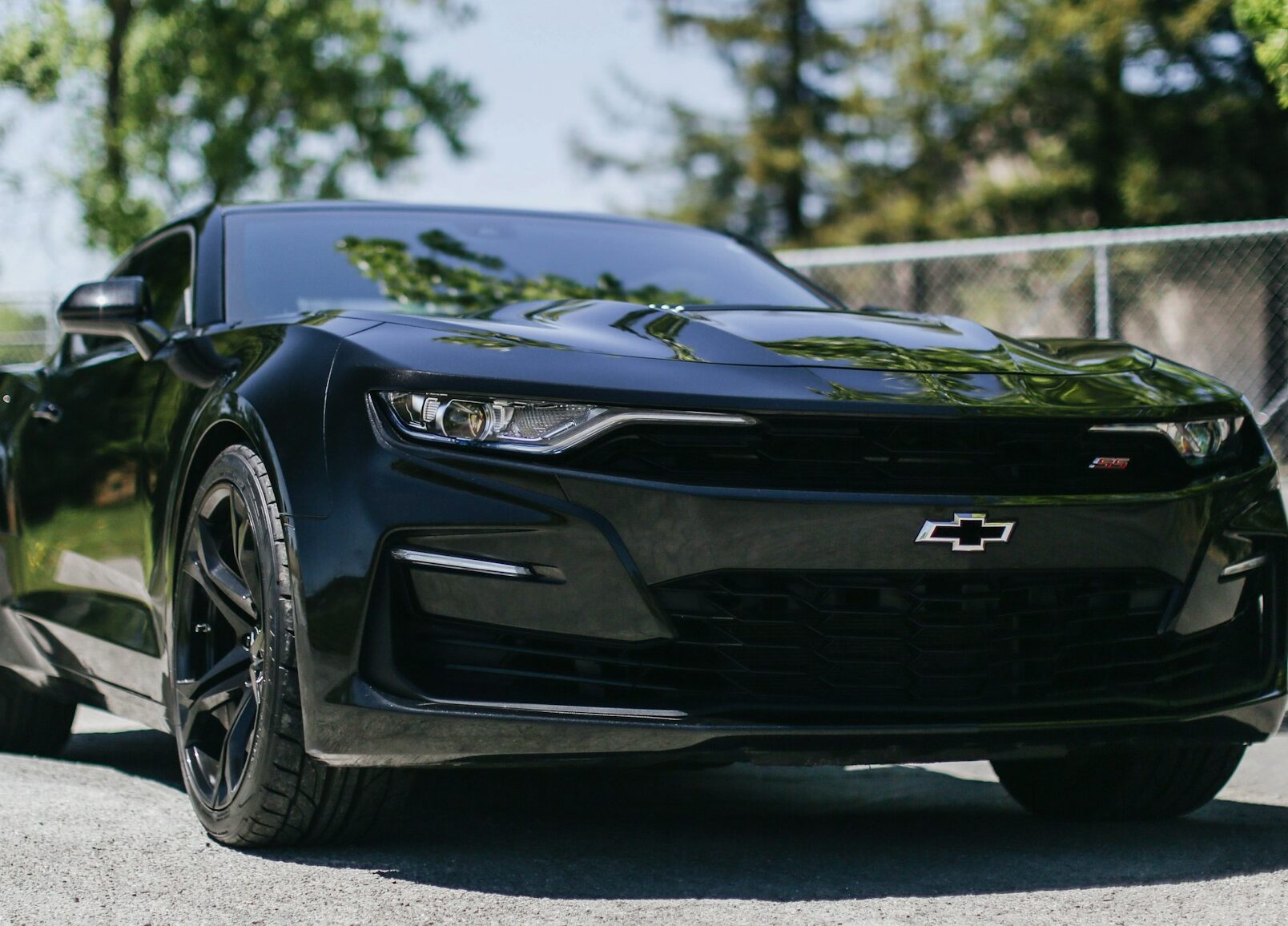The automotive retail landscape is experiencing a profound evolution, driven by a confluence of factors including technological advancements, shifting consumer preferences, and evolving market dynamics. In this comprehensive exploration, we delve into the latest trends shaping the automotive retail industry and examine how car dealerships are embracing innovation to stay ahead of the curve and meet the diverse needs of today’s discerning customers.
Digital Transformation: The Shift to Online Retail
Digital transformation has emerged as a defining trend in automotive retail, reshaping the way car dealerships interact with customers and conduct business. With the proliferation of digital technologies and the widespread adoption of online shopping, dealerships are increasingly investing in robust digital platforms to provide customers with seamless and convenient online experiences. Virtual showrooms, online inventory browsing, digital financing options, and contactless delivery services are just a few examples of how dealerships are leveraging technology to enhance the car-buying journey and cater to the preferences of digital-savvy consumers.
Omnichannel Retailing: Seamless Integration Across Multiple Channels
Omnichannel retailing has become a strategic imperative for car dealerships seeking to deliver a cohesive and integrated shopping experience across multiple touchpoints. Recognizing that customers engage with brands through a variety of channels, including websites, mobile apps, social media platforms, and physical showrooms, dealerships are investing in technologies that enable seamless integration and communication across these channels. By providing a consistent and personalized experience regardless of the channel, dealerships can meet customers where they are and deliver a more engaging and satisfying shopping experience.
Personalized Customer Experience: Leveraging Data and Analytics
Personalization has become a cornerstone of successful automotive retail, as dealerships seek to differentiate themselves by offering tailored experiences that resonate with individual customers. Leveraging advanced data analytics and customer relationship management (CRM) systems, dealerships can gather and analyze vast amounts of customer data to gain insights into preferences, behavior patterns, and purchase history. Armed with this information, dealerships can deliver highly personalized marketing messages, product recommendations, and promotional offers that are tailored to the unique needs and preferences of each customer, fostering deeper engagement and loyalty.
Subscription and Mobility Services: Meeting Changing Mobility Needs
The automotive industry is witnessing a shift towards new mobility models, driven by changing consumer attitudes towards car ownership and urban mobility challenges. In response, car dealerships are exploring innovative subscription and mobility services that offer customers flexible and convenient alternatives to traditional ownership. Subscription-based models allow customers to access vehicles on a short-term basis, paying a monthly fee that covers all vehicle-related expenses, including maintenance, insurance, and roadside assistance. Similarly, mobility-as-a-service (MaaS) platforms provide customers with access to a variety of transportation options, including ridesharing, carpooling, and public transit, through a single integrated platform, catering to the diverse mobility needs of urban dwellers.
Electric Vehicles and Sustainable Mobility: Embracing the Shift Towards Electrification
The growing emphasis on sustainability and environmental responsibility is driving the adoption of electric vehicles (EVs) and sustainable mobility solutions. Car dealerships are playing a pivotal role in this transition by expanding their offerings of electric and hybrid vehicles, investing in charging infrastructure, and promoting eco-friendly transportation options. By educating customers about the benefits of EVs, providing incentives and subsidies for EV purchases, and facilitating access to charging infrastructure, dealerships are helping to accelerate the adoption of electric vehicles and reduce carbon emissions, contributing to a more sustainable future.
Augmented Reality and Virtual Reality: Enhancing the Shopping Experience
Augmented reality (AR) and virtual reality (VR) technologies are revolutionizing the automotive retail experience, offering customers immersive and interactive ways to explore vehicles and make purchase decisions. Dealerships are leveraging AR and VR tools to create virtual showrooms, simulate test drives, and showcase vehicle features and customization options in a realistic and engaging manner. By allowing customers to visualize and experience vehicles in a virtual environment, AR and VR technologies help dealerships overcome geographical barriers, enhance product understanding, and drive purchase decisions, ultimately leading to a more engaging and satisfying shopping experience.
Contactless and Remote Sales: Adapting to Changing Consumer Behavior
The COVID-19 pandemic has accelerated the adoption of contactless and remote sales processes in automotive retail, as dealerships seek to prioritize the health and safety of customers and employees. Car dealerships are implementing digital tools and platforms to enable virtual consultations, remote vehicle inspections, and contactless transactions, allowing customers to complete the entire car-buying process from the comfort and safety of their homes. By offering flexible purchasing options and embracing digital innovation, dealerships can adapt to changing consumer behavior and ensure continuity in the face of unprecedented challenges.
Subscription-Based Ownership Models: Offering Flexibility and Convenience
Subscription-based ownership models have gained traction in the automotive industry, offering customers a flexible and hassle-free alternative to traditional car ownership. Dealerships are partnering with subscription service providers or launching their own subscription programs to offer customers a convenient and all-inclusive mobility solution. Subscription-based models typically include vehicle maintenance, insurance, roadside assistance, and other services in a single monthly fee, providing customers with flexibility and peace of mind without the long-term commitment of ownership. By embracing subscription-based ownership models, dealerships can cater to changing consumer preferences and tap into new revenue streams while offering customers greater flexibility and convenience.
Conclusion: Embracing Innovation to Drive Success
Innovation has become a driving force behind success in automotive retail, as car dealerships seek to differentiate themselves in a competitive market and meet the evolving needs of customers. By embracing digital transformation, omnichannel retailing, personalized customer experiences, subscription and mobility services, electric vehicles and sustainable mobility solutions, augmented reality and virtual reality technologies, contactless and remote sales processes, and subscription-based ownership models, dealerships can position themselves for long-term success and continue to thrive in an increasingly digital and interconnected world. As the automotive industry continues to evolve, dealerships that embrace innovation and adapt to changing trends will be well-positioned to succeed and drive customer satisfaction in the years to come. Innovative approaches to automotive retail, like those discussed in the article, are helping dealerships like Banks Motors stay ahead of the curve and provide exceptional experiences for their customers.







